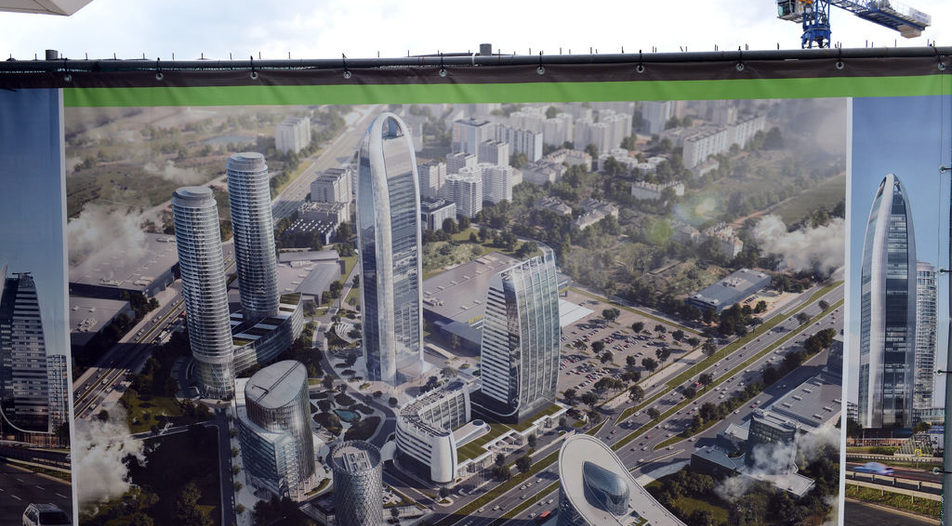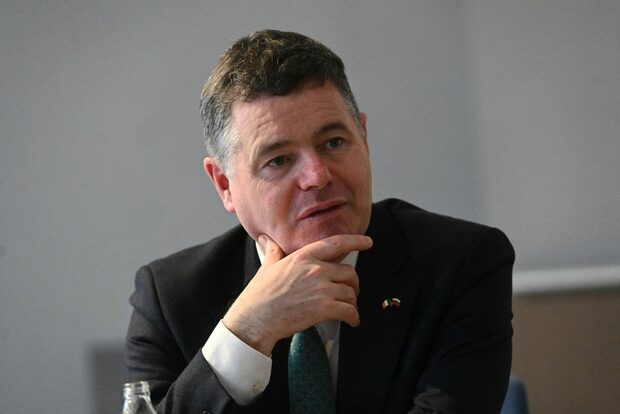Strong tourism revenue and a tentative revival in the construction sector boosted the Bulgarian economy during the third quarter of 2017, with gross domestic product (GDP) growing by 3.9% over the third quarter of the previous year, according to flash data from the National Statistical Institute (NSI). The other engines of the economy - domestic consumption and exports were finally supported by the revival of investments. As a result, analysts now think that an economic growth of 4% in 2017 is highly probable.
According to Georgi Angelov of the Open Society Institute, a Sofia-based NGO, " during the last quarter there will be higher government expenditures and a big part of them will be allocated to investments. So, there is a chance that the last three months of the year will be stronger."
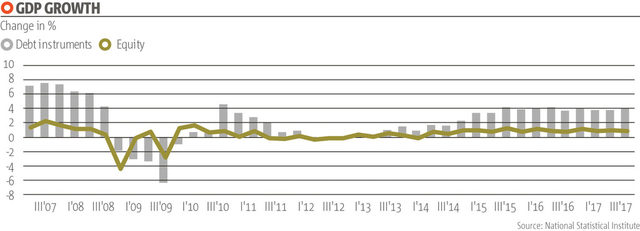
Such positive data for Bulgaria is in sync with Eurostat's flash estimate of 2.5% economic expansion in both the euro area and the EU-28 in the third quarter of 2017. Compared with other Central and Eastern European countries, Bulgaria shows moderate growth and some economists consider it to be more sustainable now that Romania and the Czech Republic start to show signs of overheating.
On the wings of consumption
Domestic demand remained the driving force behind the strong growth during the summer. Final consumption in the country expanded by 4.6% year on year in the third quarter of 2017. "Consumption is often linked to tourism. This year we saw another strong season, which is one reason why retail trade is doing so good," according to Desislava Nikolova of the Institute for Market Economy, a Sofia-based think tank.
Household incomes are rising and more unemployed people are finding jobs, two factors that drive consumption, as the purchasing power grows. Average gross salary rose by 11.5% on the year in the third quarter of 2017 over the same period in 2016 and employment rose by 172,300. Unemployment finally reached a pre-crisis level of 5.8% and the number of people outside the labor force decreased.
Investment is growing
A long-awaited revival of investments in Bulgaria seems to be at hand. The annual increase of gross capital formation stands at 3.9% per the second quarter of 2017 and 4.2% as per the third quarter, with a large percentage thereof contributed by the construction sector.
"We are now seeing what we have discussed for a long time: growth in credit and construction activity would further boost investment. The interesting part of it is that we haven't yet seen an increase in government investment yet; this is expected to will take place in the last quarter," Mr. Angelov added.
Although major investments in infrastructure were not financed from the state budget, the government is still major contributor to the construction sector growth with close to half a billion levs distributed recently for rehabilitation of old pre-fabricated concrete apartment buildings.
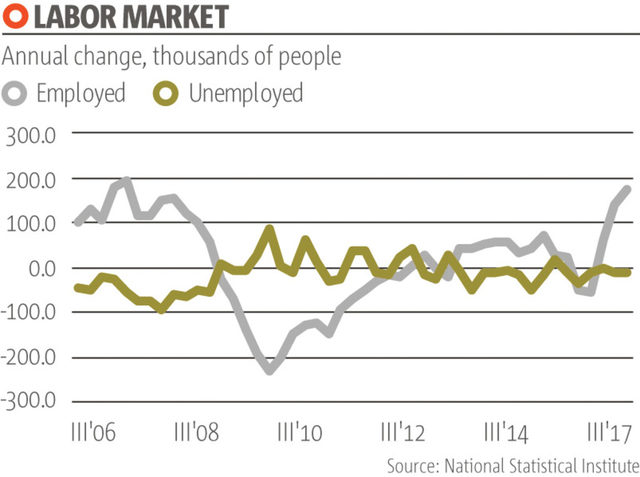
Nikolova also notes the contribution of construction to the increase in investment. "Low interest rates stimulate saving in real estate. Real estate also attracts a multitude of investment and pension companies which often do not have many other options," Mrs. Nikolova observed, "and the stir in the sector has just begun - the number of construction permits is at pre-crisis levels currently, which means that new buildings are forthcoming," she said.
Imports rising
Because Bulgaria is a small and open economy, when households increase purchases of goods and services, imports go up as well. Imports grew faster than exports for a second quarter in a row this year and as a result, the contribution of net exports to economic growth is decreasing, which is in line with the forecasts of analysts and international institutions.
Challenges ahead
A number of institutions have already published their autumn economic outlooks, in which they have all revised upwards their forecasts for Bulgaria. However, challenges remain. According to the European Commission, a slower-than-expected absorption of EU funds in Bulgaria may result in a lower-than-forecasted investment expansion. The World Bank notes the need for Bulgaria to boost its labor productivity, whereas other analysts highlight the risks stemming from the worsening demographic structure of the Bulgarian population and lack of qualified personnel.
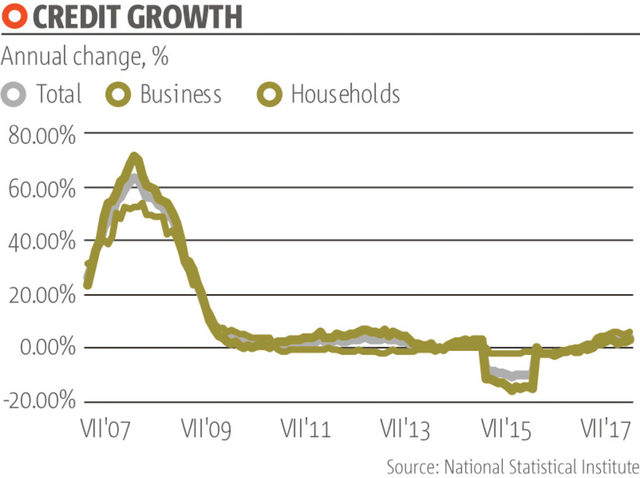
Strong tourism revenue and a tentative revival in the construction sector boosted the Bulgarian economy during the third quarter of 2017, with gross domestic product (GDP) growing by 3.9% over the third quarter of the previous year, according to flash data from the National Statistical Institute (NSI). The other engines of the economy - domestic consumption and exports were finally supported by the revival of investments. As a result, analysts now think that an economic growth of 4% in 2017 is highly probable.
According to Georgi Angelov of the Open Society Institute, a Sofia-based NGO, " during the last quarter there will be higher government expenditures and a big part of them will be allocated to investments. So, there is a chance that the last three months of the year will be stronger."









